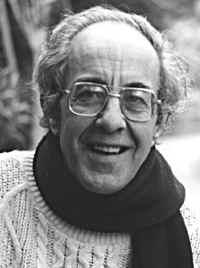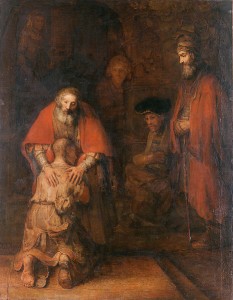A small book, made of lead pages the size of credit cards may be the biggest archeological discovery since the Dead Sea Scrolls. According to researchers, the books were found in an area of Jordan thought to be home to Jewish Christian who fled the fall of Jerusalem in 70 BC.
The researchers are quoted as saying:
‘As soon as I saw that, I was dumbstruck,’ he said. ‘That struck me as so obviously a Christian image. There is a cross in the foreground, and behind it is what has to be the tomb [of Jesus], a small building with an opening, and behind that the walls of the city.
‘There are walls depicted on other pages of these books too and they almost certainly refer to Jerusalem. It is a Christian crucifixion taking place outside the city walls.’
One fascinating element, that seems to be overlooked by researchers, is what this tells us about what early Christians actually believed. Popular skeptics like to argue that Jesus was just a teacher, whose legend grew, and was codified centuries later. However, if the books are authentic, it means that there is concrete evidence of the teaching that Jesus was divine, was crucified and raised from the dead.












 Tweets
Tweets